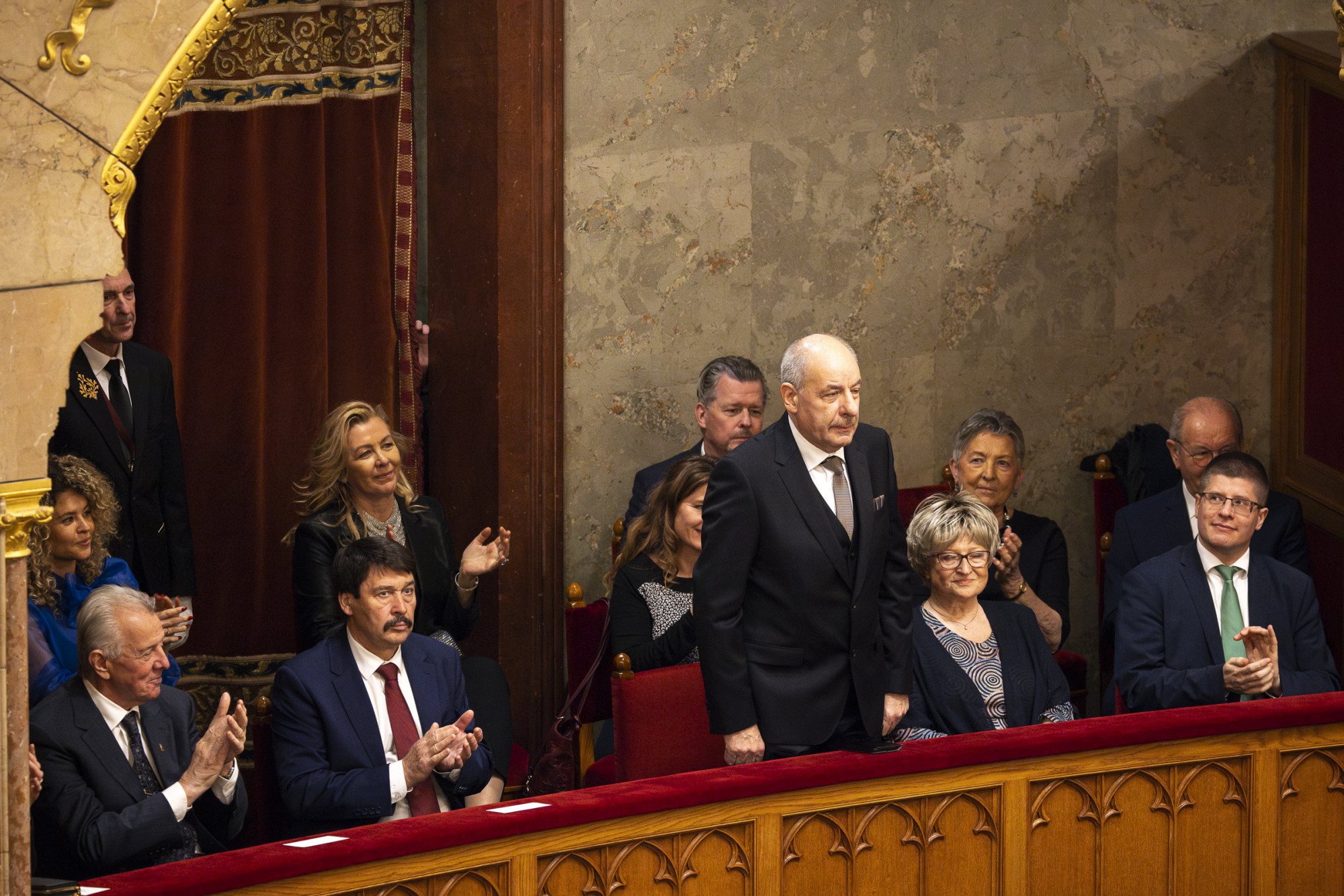Hungary tried to shield Russian oligarchs from EU sanctions
- Stay updated on the latest news from Hungary by signing up for the free InsightHungary newsletter
Hungary attempted to shield Russian oligarchs from sanctions, investigation reveals
Hungary has been lobbying to exempt three Russian oligarchs from upcoming EU sanctions, investigative outlet Vsquare reports. This bold move by Budapest has cast a shadow over the impending passage of the next sanctions package at a crucial meeting of EU foreign ministers.
The oligarchs were identified as Viatcheslav Kantor, Alisher Usmanov, and Dmitry Mazepin. According to VSquare's newsletter, the Orbán government has been actively working to secure these individuals' removal from the sanctions list for over a year. This relentless pursuit has now honed in on Kantor, Usmanov, and Mazepin as the focal points of Hungary's campaign.
A business insider cited by VSquare has disclosed additional layers to Hungary's strategic maneuvering. It is reported that Chinese firms, currently spearheading the construction of battery and electric vehicle factories within Hungarian borders, have taken matters into their own hands regarding their energy requirements. These Chinese entities have set their sights on constructing independent solar power plants. The rationale behind this pivot, as elucidated by the source, stems from a perceived inability by the Orbán administration to address their energy needs.
Hungary stands alone as EU issues warning to Israel over Rafah offensive
In a notable departure from its EU counterparts, Hungary has opted not to endorse a joint statement condemning potential Israeli military action in Rafah, situated in the southern Gaza Strip, Reuters reports. While twenty-six member states rallied behind a statement spearheaded by EU foreign policy chief Josep Borrell, urging for an immediate humanitarian ceasefire and the release of hostages, Hungary notably abstained from this collective stance.
The significance of this decision loomed large as EU foreign ministers convened on February 19, with Ireland's Foreign Minister Micheal Martin underscoring the potentially catastrophic repercussions of an assault on Rafah, deeming such an act "unconscionable".
Critics point to the close alliance between Hungary's far-right Prime Minister Viktor Orbán and Benjamin Netanyahu as an explanation for Hungary's stance. Szijjártó further reiterated Hungary's outlier status within the EU by withholding support for including Israeli settlers on an EU sanctions list. Szijjártó justified Hungary's stance by expressing concerns that such measures could heighten tensions in Israel, particularly in the wake of recent terrorist attacks.
Hungary ratifies Sweden's NATO bid
On Monday, Hungary's parliament finally ratified Sweden's bid to join NATO, ending the over 18 months delay.
The vote, carried by a substantial margin of 188 in favor to a mere six against, marked the culmination of relentless diplomatic efforts by Hungary's allies to sway its nationalist government into lifting its blockade on Sweden's NATO membership.PM Viktor Orbán's administration initially submitted the protocols for endorsing Sweden's NATO accession in July 2022, only for the process to stall in parliament due to opposition from lawmakers aligned with the governing party.
Hungary's decision now sets the stage for the alliance's second expansion within a year, following the applications of both Sweden and Finland to join NATO in the wake of Russia's invasion of Ukraine. With unanimous backing from all NATO members being a prerequisite for admitting new nations, Hungary's decision was the final step following Turkey's ratification of Sweden's request last month.
Tamás Sulyok elected as Hungary's next president
On Monday, Tamás Sulyok, the incumbent president of Hungary’s Constitutional Court, was elected as President of Hungary. Máté Kocsis, Fidesz faction leader described Sulyok as the "best person for the job" capable of embodying the unity of the nation, Kocsis attributed the nomination to Orbán himself.
In a statement, Orbán emphasized Sulyok's extensive credentials, his experience in constitutional and legal matters, and his nuanced understanding of international law. Sulyok's nomination comes after one of Orbán's biggest political scandals, with the resignations of President Katalin Novák and former Justice Minister Judit Varga.
Sulyok, who has maintained a low profile, ascended to the presidency of the Constitutional Court in 2016. Despite his elevated position within Hungary's judicial hierarchy, he has previously asserted his disinterest in political affairs.


